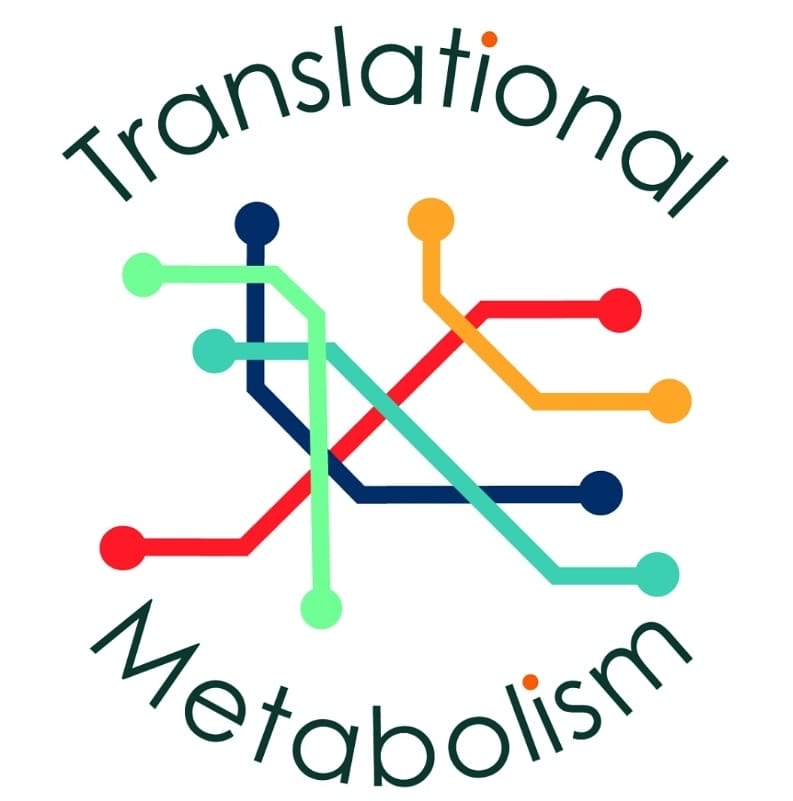The search for new therapies, disease biomarkers and underlying pathological mechanisms.
The research group Translational Metabolism headed by Riekelt Houtkooper is part of the laboratory Genetic Metabolic Diseases (Lab GMD) of Amsterdam UMC, location AMC. Lab GMD is headed by Prof Gajja Salomons and studies metabolic disease in a broad context, ranging from rare inherited metabolic diseases to age-related metabolic disease. Lab GMD also houses the Amsterdam UMC metabolomics core facility. For more info, see the website of Lab GMD.
Research aim
The general theme of our research is metabolism, and several research lines are geared towards understanding the development of metabolic diseases. These can be subdivided in common, often age-related, diseases and inborn errors of metabolism.
Current research
Metabolism & aging
We are studying how genes, nutritional components, and pharmacological compounds affect the aging process. In addition, we aim to integrate these factors to understand how certain genetic traits render an organism susceptible to the harmful effects of diets. Most of this work is performed with the worm C. elegans, but we also use other in vitro and in vivo models.
Molecular regulation of metabolic disease
Disturbances in metabolic pathways underlie various pathologies, including type 2 diabetes, cancer, heart and neurodegenerative diseases. We use stable isotope based fluxomics and other state-of-the-art metabolic measurements to understand mitochondrial (dys)function as an underlying cause of these conditions, and if this can be targeted as a therapy.
Protein synthesis defects
Slowing down protein translation, either in the cytoplasm or in mitochondria, can increase the lifespan of simple organisms such as worms and flies. However in humans reductions in translation can cause severe disease. We focus on the pathophysiology of different gene mutations affecting cytoplasmic or mitochondrial protein translation. Additionally, we are investigating the mechanisms through which reduced translation extends lifespan.
Inborn errors of metabolism
Inborn errors of metabolism are often very rare, sometimes even affecting only a few patients worldwide. In close collaboration with our clinical partners we study various of these diseases caused by inherited mutations in nuclear DNA, including but not limited to, Barth syndrome, Perrault syndrome, and fatty acid oxidation deficiencies. Each of diseases affects different aspects of mitochondrial function, which we try to clarify with the ultimate goal of identifying new therapeutic options.
